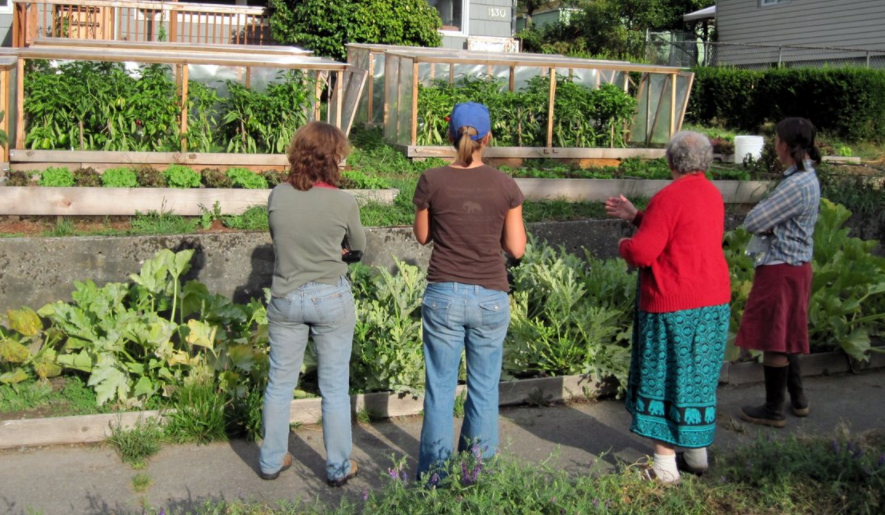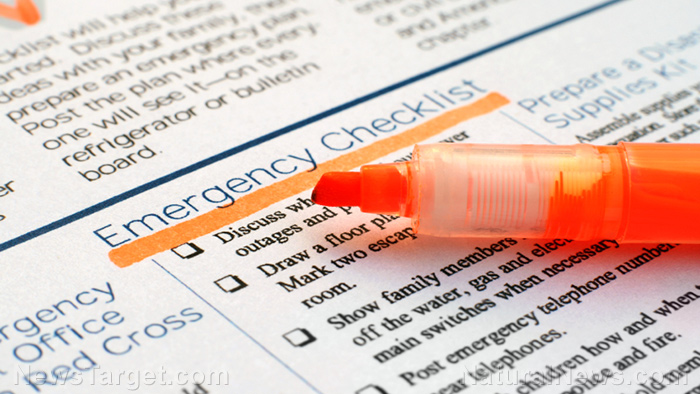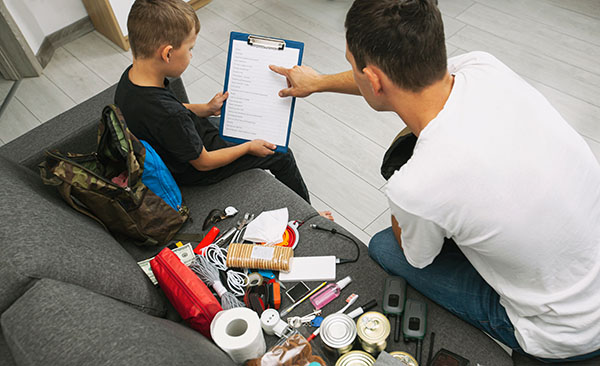
Homesteading is a fulfilling but time-consuming lifestyle. If you’re a newbie prepper, avoiding the 11 mistakes detailed below will help keep your homestead running smoothly even after SHTF. (h/t to HomesteadSurvivalSite.com)
Even if you’re already an experienced prepper, the tips below will also help you avoid costly homesteading mistakes.
Not creating a budget
Homesteading is a great way to become more self-sufficient, but beginners may feel overwhelmed, especially when it comes to shelling out money for various projects.
To keep things manageable, create a budget so you can see where each dollar goes and to help prevent overspending.
Spending too much on your house
If you’re a new homesteader from the big city and you’re settling into a rural area, don’t spend too much on your house. Instead, invest wisely in your homestead.
Even if you have extra cash to spend on your home, it’s better to spend money on the homestead that will help you survive after SHTF.
Buying land too quickly
Choose a suitable location before spending money on land. The land you buy for your homestead must be strategically chosen to maximize your skills and the resources available to you.
Not choosing the best location
Location is just as important as a budget for your homesteading activities. Before you buy land, research the area before moving in.
Visit it in person and try to answer important questions such as:
- What is the property like during all four seasons?
- How much rainfall does it receive?
- Is the area prone to flooding?
- Is the soil good for gardening?
- Is there wildlife in the area?
Consider these factors so you can choose land that is ideal for homesteading. (Related: Is your state a good place for homesteading?)
Overestimating your skills and abilities
People who read about homesteading may think that the whole concept is easy if you have the money and spare time.
Experienced preppers know that it takes more than cash and free time to run a sustainable homestead. To be a successful homesteader, you need to devote time and resources to eventually master each aspect of homesteading.
Keep things manageable and don’t start a project like a garden irrigation system if you barely know how to use simple tools.
Here are some skills that you’ll need to master if you want to become a knowledgeable homesteader:
- Canning and preserving
- Firecraft
- First aid
- Fishing
- Gardening
- Hunting
- Outdoor sanitation and hygiene
- Shelter making
Doing things alone
Homesteaders may prefer to work alone, but this doesn’t mean you should do everything by yourself.
Ask your family to help out to ease your burdens and talk to fellow homesteaders online through chat groups or forums. People will be more than willing to share tips if they can see that you are eager to learn.
Thinking you can be self-sufficient within years
Self-sufficiency is an important goal for many homesteaders, but it’s a goal that takes a lot of time and hard work to achieve. Don’t be impatient and think that you can fully support your family after a couple of months or even years.
Homesteading has a steep learning curve and anyone attempting to start this lifestyle must be prepared to achieve their goals only after several years of learning and hard work.
Getting burnt out
Homesteading is back-breaking work. Take breaks when you need to and ask for help to make tasks easier.
Just as you follow a budget to manage your finances, you need to learn how to divide your time between tasks so you don't get sick and tired from working too hard.
Starting several projects at once
As a newbie homesteader, you might think rushing and starting various projects will help save you time.
However, this can overwhelm you to the point that you’re too stressed to get anything done. It’s best to choose a simple project and finish it before moving on to another one so you can conserve your energy and resources.
Start a list of projects you need to complete, then rank them in order of importance. Check each item off the list as you accomplish it so you know what to focus on.
Not planning ahead
Homesteaders always plan ahead, whether it’s a trip to the store for supplies or what to grow in their survival garden before planting season.
Don’t think you can simply “wing it” if you want to become a homesteader. Start your homesteading journey by drafting both a long-term and short-term plan.
Answer important questions such as:
- What are your immediate goals?
- What tasks need to be finished first?
- Where do you want your homestead to be a year from now?
- What do you need to do to reach self-sufficiency?
Answer these questions and make the necessary arrangements to achieve your short-term and long-term goals.
Not learning from your mistakes
Everyone makes mistakes, from newbies to experienced homesteaders. The thing that separates people who succeed and those who don’t is your ability to learn from your mistakes.
If you make mistakes as you run your homestead, don't be discouraged. Figure out where you went wrong, learn from the mistake, then try again.
Sources include:
Please contact us for more information.





















